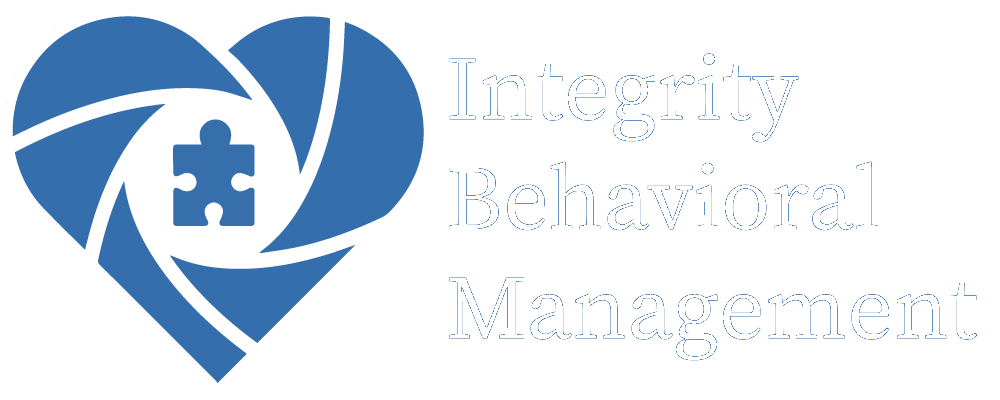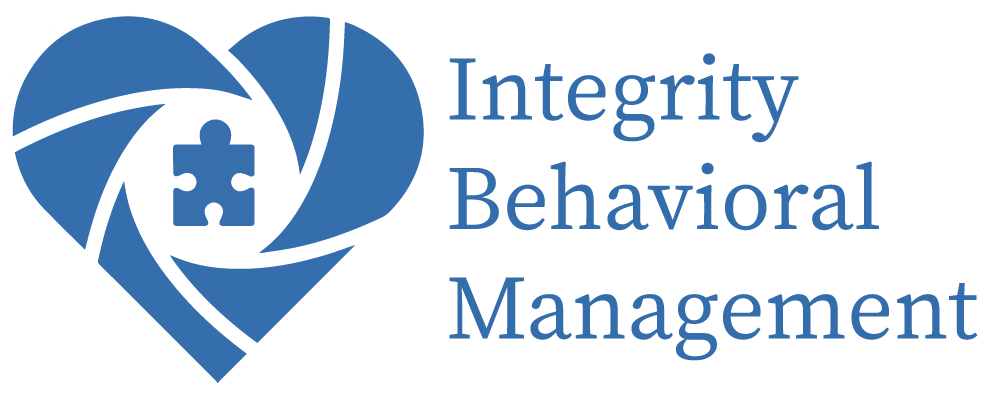The path to addiction is different for every person, but researchers and addiction specialists have recognized five common stages that often describe the development of substance use disorders. Recognizing these stages is essential for early identification and intervention in the addiction process.
In this article, we will examine each stage closely, emphasizing the main characteristics and warning signs related to the progression of substance addiction.
Initial Experimentation and Casual Use
When an individual first experiments with a substance, it’s often driven by curiosity or peer pressure in social situations.
The initial experimentation stage may feel thrilling, as you experience new sensations and positive feelings from the substance. However, this casual use can be deceptive, as it may seem controlled and harmless at first.
It’s crucial to recognize that even occasional use can set the stage for developing risky behaviors and increasing tolerance.
If you have a family history of substance use or mental health issues, you’re at a higher risk of progressing from this stage to regular use.
Be aware that early exposure to substances can significantly influence your future patterns of use and the likelihood of addiction.
Whether you’re in the early stages of substance use or dealing with a long-term addiction, it’s never too late to regain control over your life. With the right support and addiction treatment, you can break free from the cycle of addiction.
Regular Usage and Integration Into Lifestyle
As casual experimentation transitions into regular usage, you may find the substance becoming an integral part of your lifestyle.
You’ll start using it for socializing, coping with stress, or simply out of habit. Despite believing you can quit anytime, you’ll notice an increased frequency of use, indicating a developing pattern.
Regular use can lead to longer recovery times from the substance’s effects, signaling early signs of tolerance.
As your brain chemistry changes, you’ll develop a physical and psychological dependence on the substance for normal functioning.
This regular use can have a negative impact on your relationships, work performance, and overall health, as the substance becomes more deeply ingrained in your daily life.
Risky Behavior and Noticeable Changes
Once regular substance use becomes more deeply ingrained in your life, you may start to engage in risky behaviors and experience noticeable changes.
Risky use often involves continuing to use substances despite facing negative consequences, such as legal issues or relationship problems. You might prioritize substance use over responsibilities, leading to declining performance at work or school.
Noticeable changes in behavior, like increased secrecy, mood swings, or social withdrawal, can signal the progression towards dependence.
As tolerance develops, you may require larger amounts of the substance to achieve the desired effects, further escalating risky use.
This stage highlights the growing impact of addiction on your daily life and the potential for more severe consequences if left unchecked.
Dependence and Intensified Reliance
As you continue using, your body and mind become increasingly dependent on the substance, craving it for normal functioning.
Withdrawal symptoms emerge when you’re not using, making it harder to quit. Your brain chemistry changes as tolerance builds, requiring higher doses to achieve the desired effects.
This dependence can significantly impair your daily life and decision-making abilities, leading to neglected responsibilities, strained relationships, and potential legal or health issues.
Substance use disorders at this stage often necessitate professional treatment to address both the physical and psychological aspects of dependence, helping you break free from the grip of addiction.

Addiction and Chronic Substance Abuse
Chronic substance abuse and addiction represent the final, most severe stage of the addiction process.
At this stage, the individual’s substance use has spiraled out of control, becoming the primary focus of their existence. They are consumed by intense cravings and compulsively seek out the substance, despite the severe negative consequences to their health, relationships, and overall functioning.
The brain has undergone significant changes, altering its reward, stress, and executive function systems. These neurobiological alterations persist long after substance use ceases, making recovery a challenging process.
Individuals in this stage often neglect basic self-care, struggle to maintain responsibilities, and may engage in risky behaviors to obtain and use substances. The addiction has essentially taken over, leading to a dramatic decline in quality of life and potentially severe health complications.
Professional treatment, lifestyle changes, and ongoing support are essential to break the cycle of addiction and restore well-being.
Prevention and Early Intervention
By focusing on prevention, you can address risky behaviors during the experimentation stage, potentially averting future substance abuse. It’s important to be aware of risk factors like family history and mental health issues, as this knowledge helps identify at-risk individuals and implement preventative measures.
Educational programs that promote healthy coping strategies and provide information about the dangers of substance use are effective tools for deterring initial experimentation among adolescents.
Early intervention through regular screening in healthcare settings can lead to timely interventions, identifying problematic use before it escalates.
Support systems, including family and community resources, are vital in prevention efforts.
Final Thoughts from Integrity Behavioral Management
Integrity Behavioral Management offers a comprehensive inpatient recovery program designed to address addiction at every stage for those in the New Orleans area seeking comprehensive care.
Our specialized treatment center provides a structured and supportive environment where individuals can focus entirely on their recovery journey. We combine evidence-based therapies, medical supervision, and personalized care to help patients overcome addiction and build a foundation for lasting recovery in our inpatient program in New Orleans.
Seeking support from healthcare professionals, addiction specialists, and support groups can help individuals break the cycle of addiction and achieve lasting recovery.





